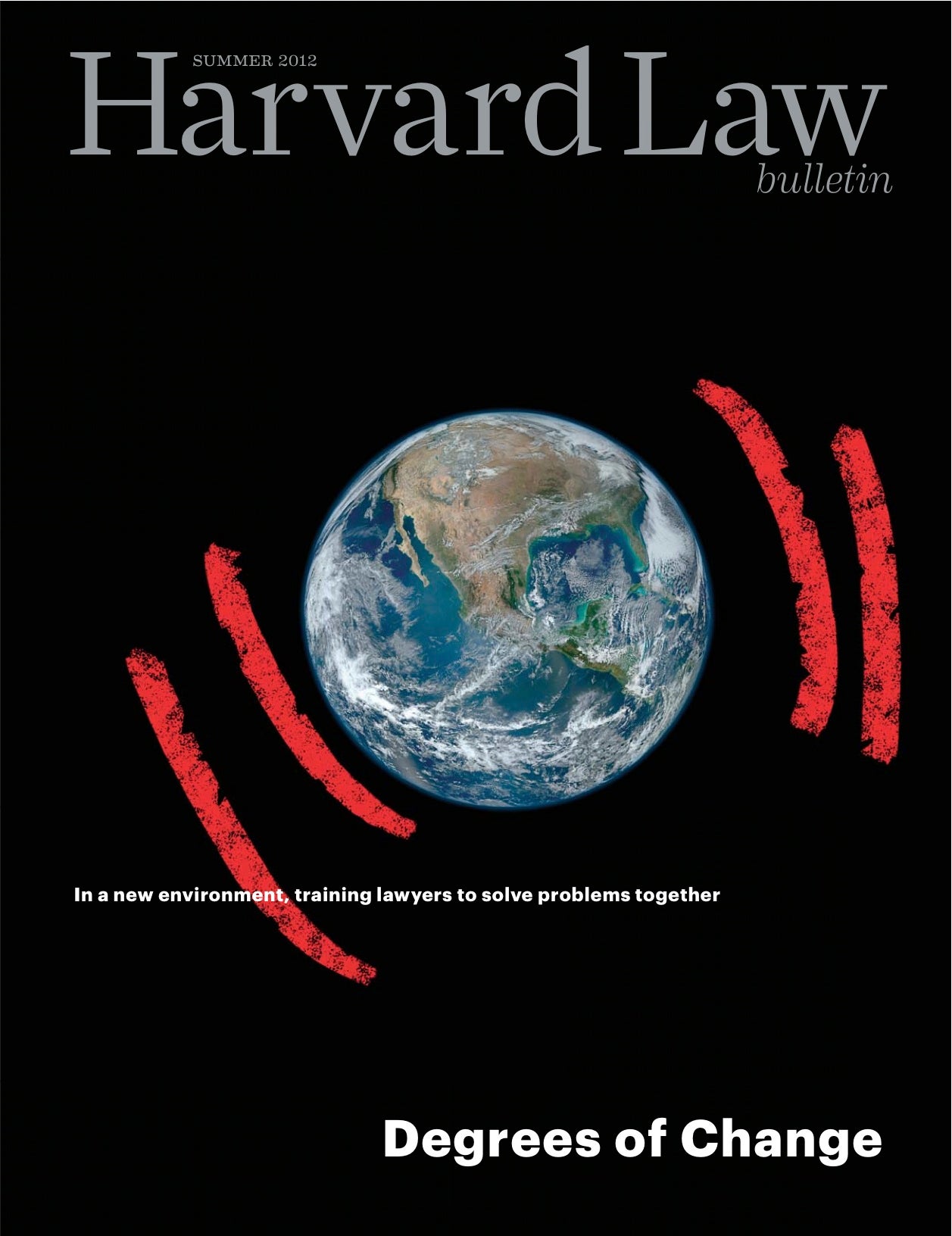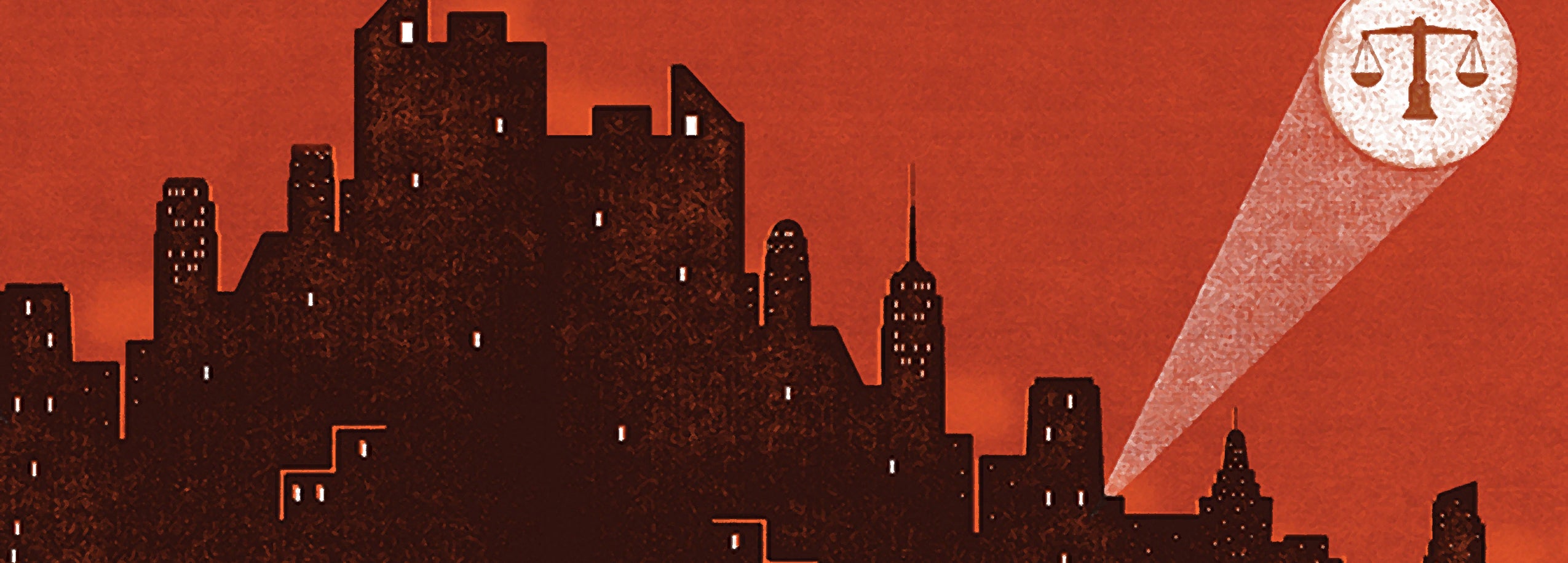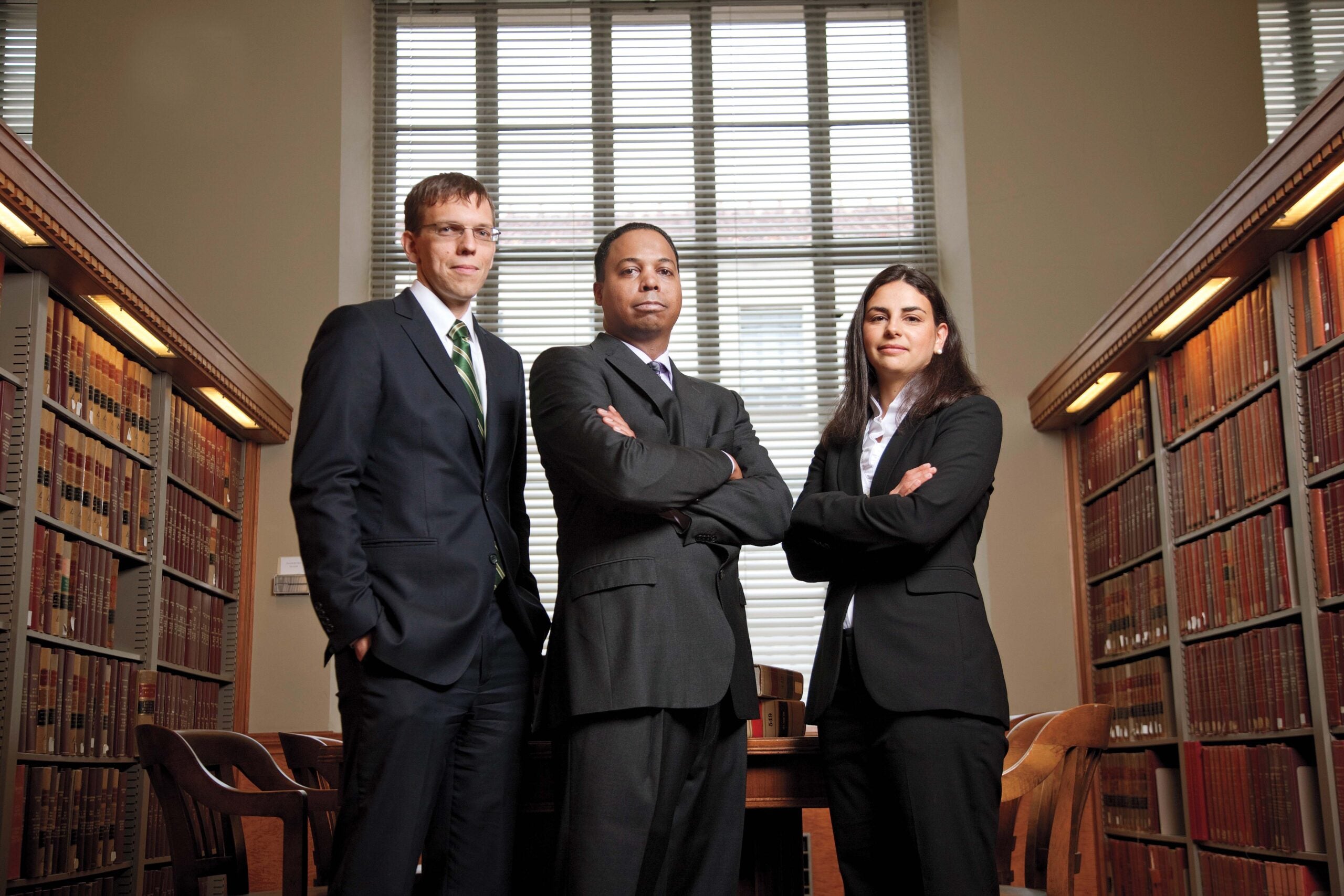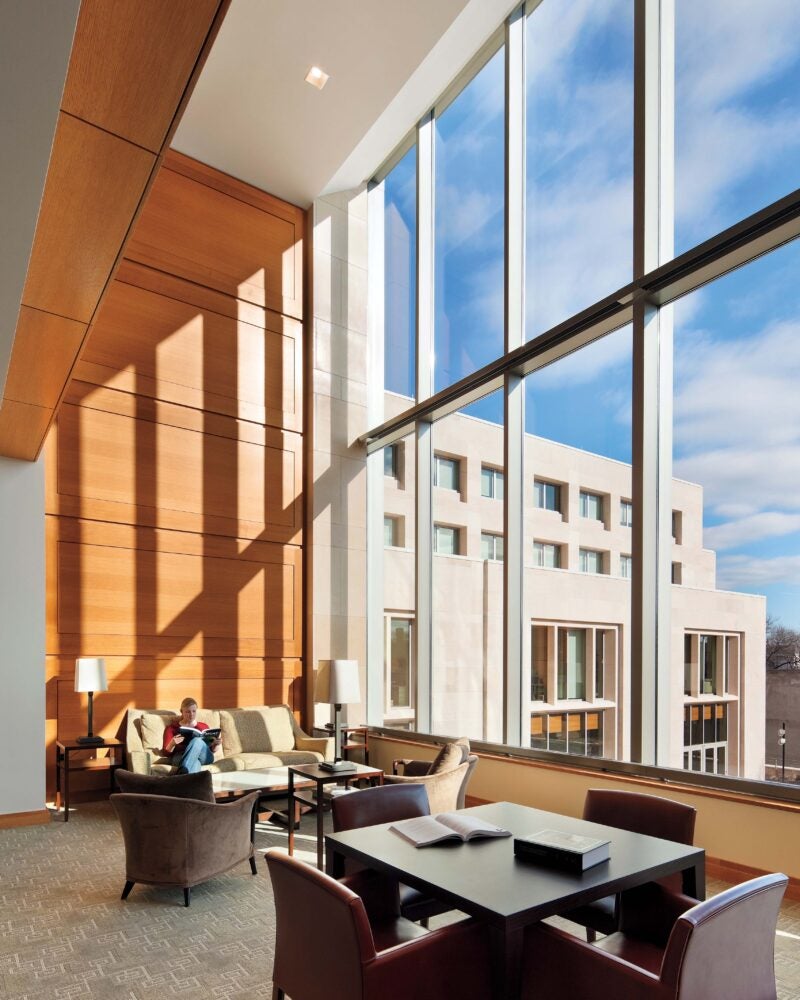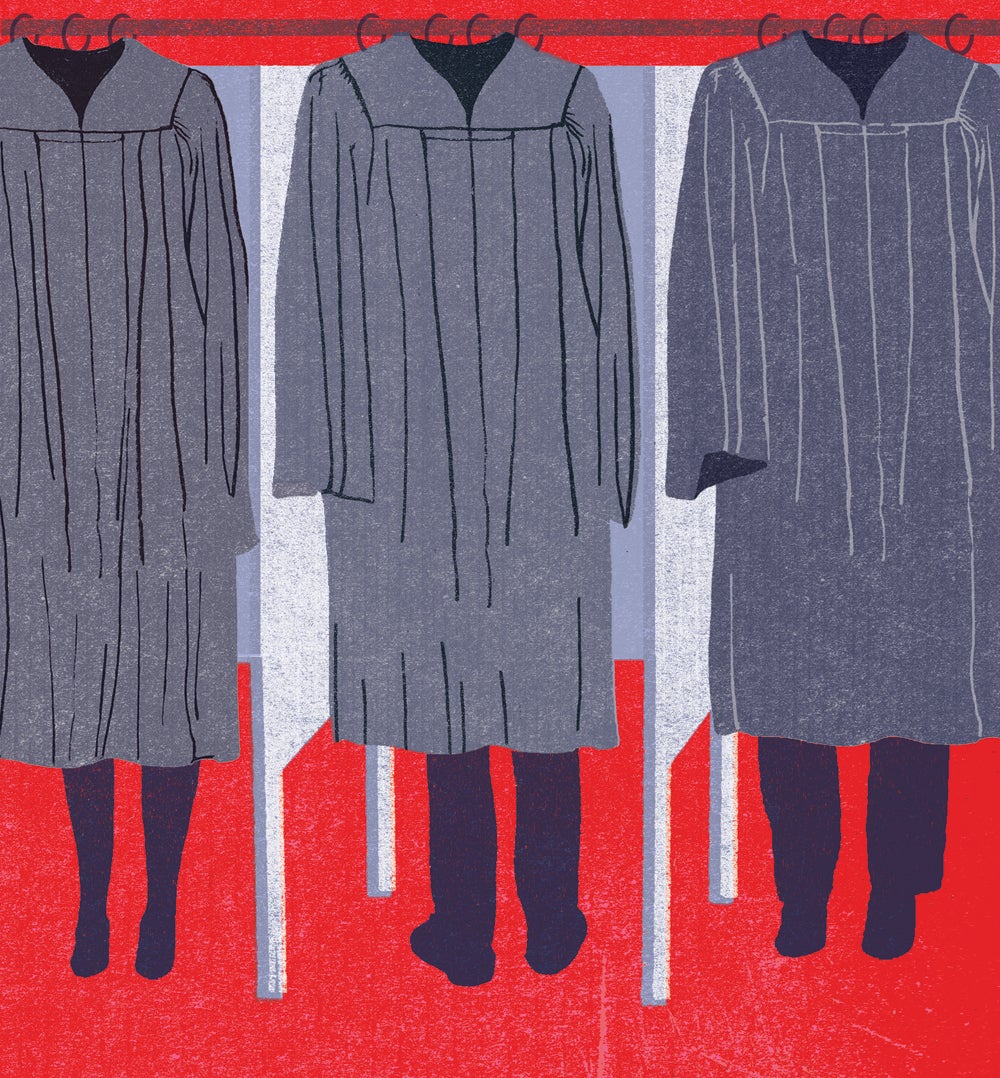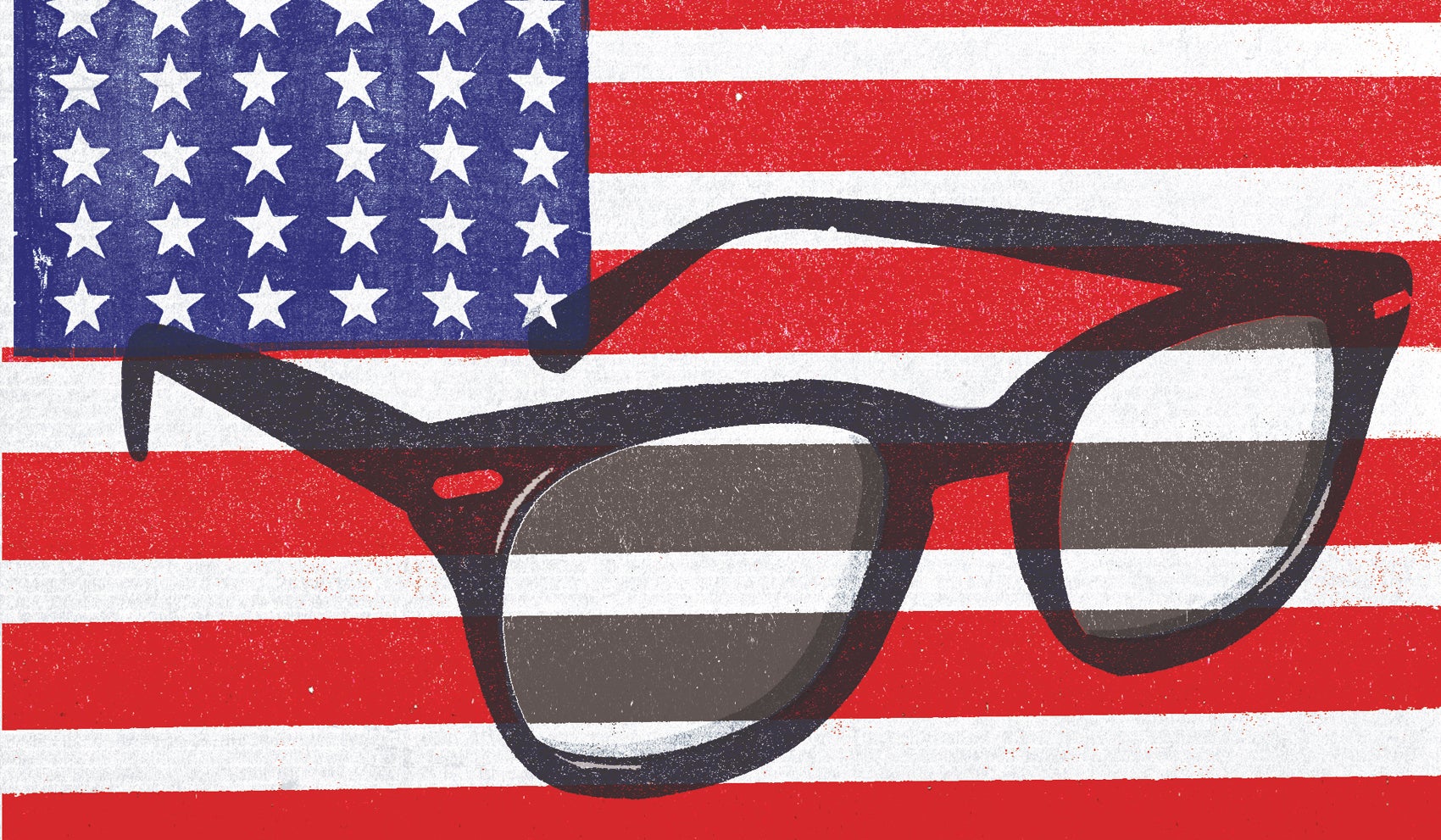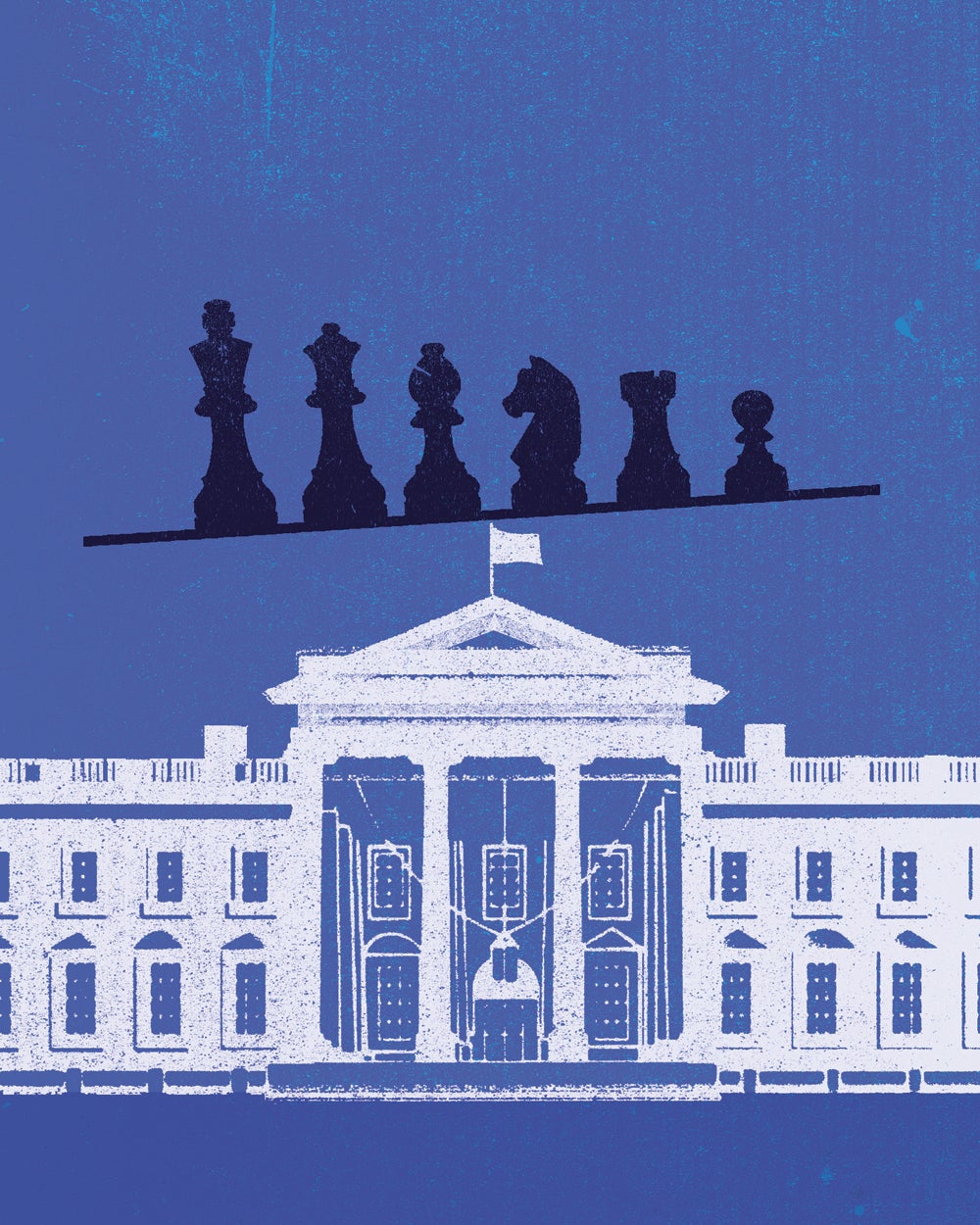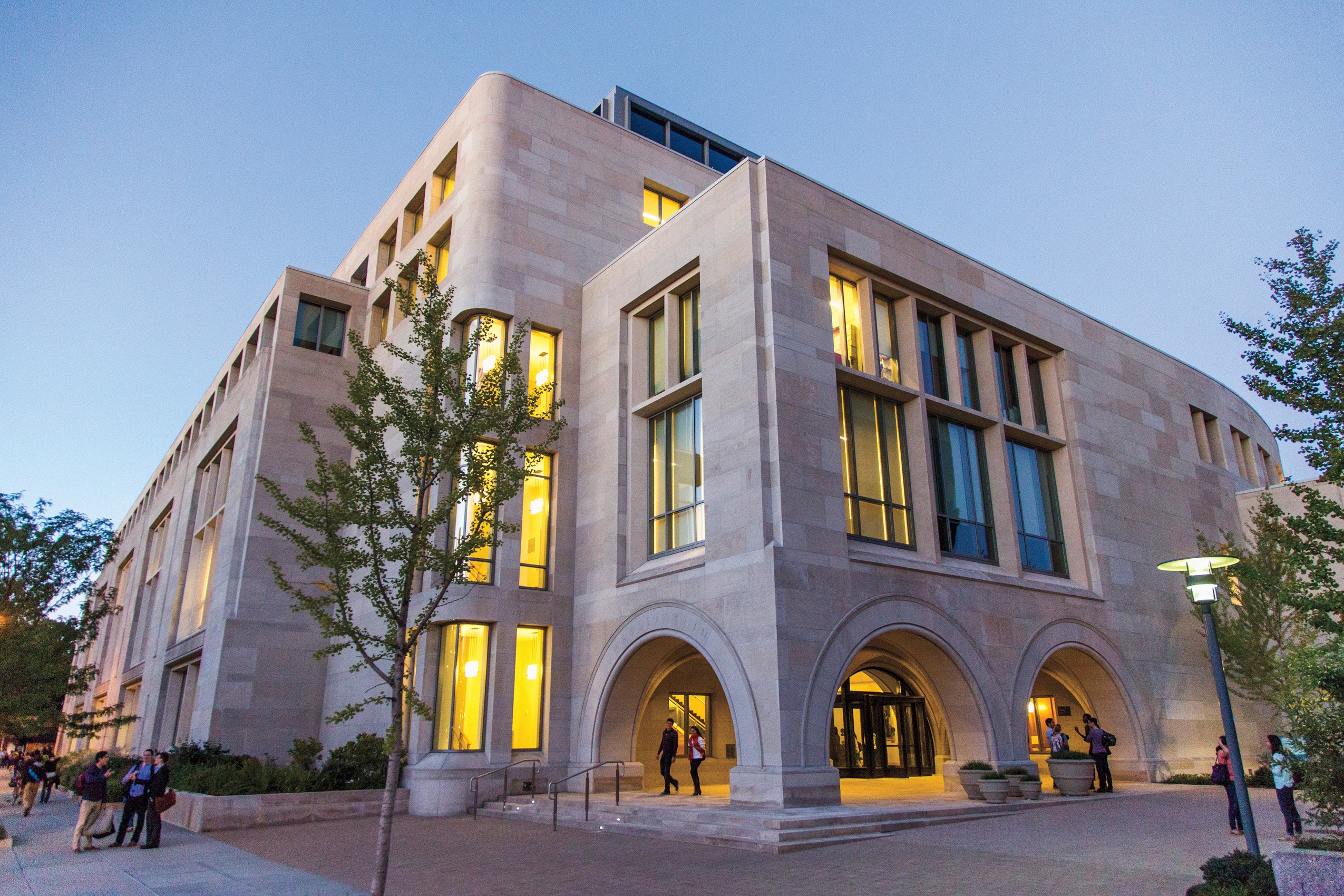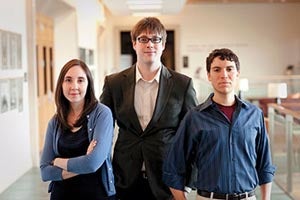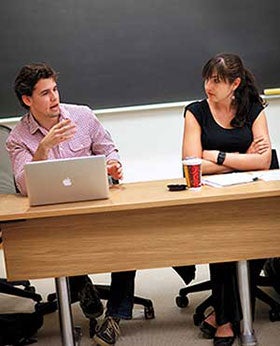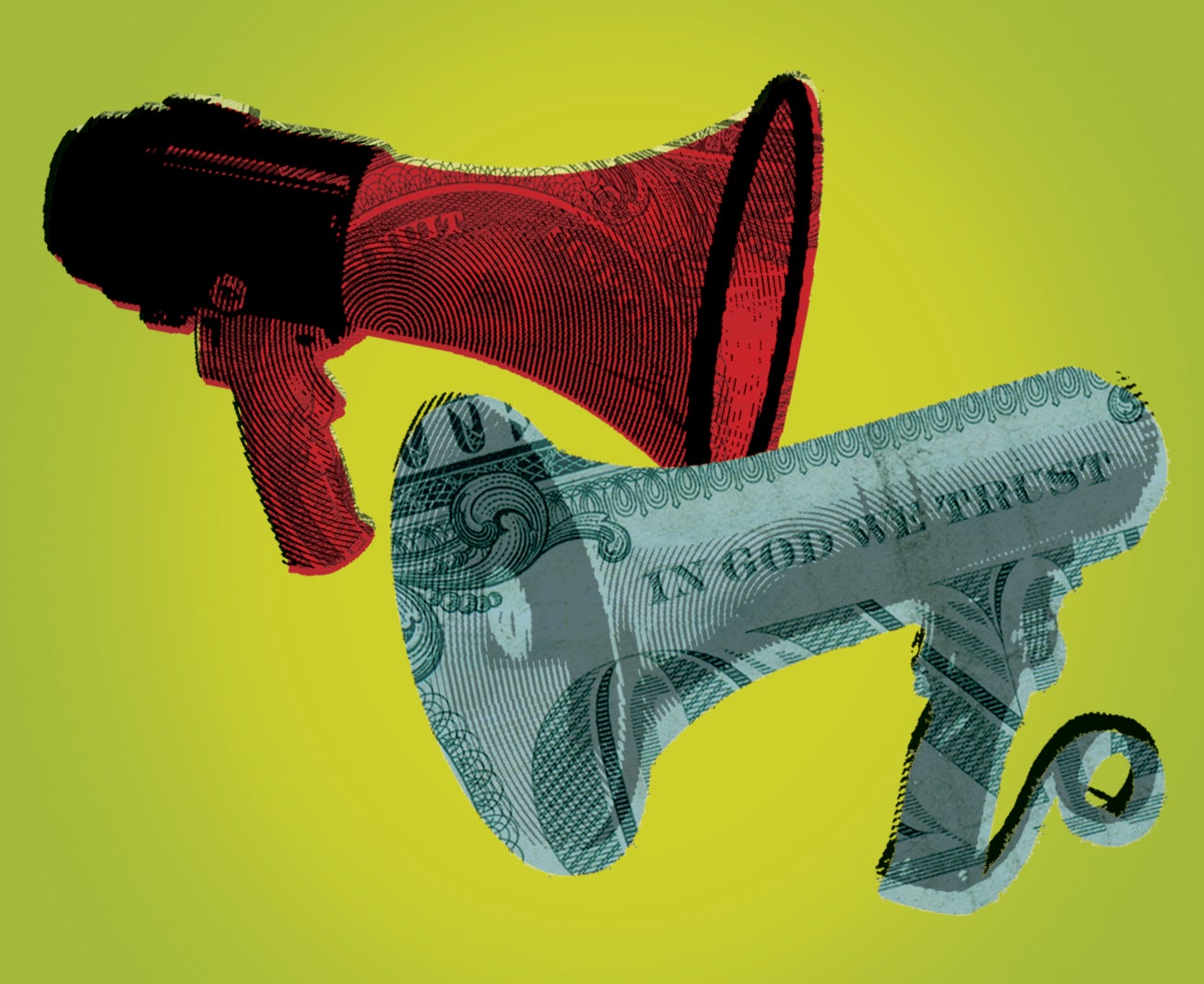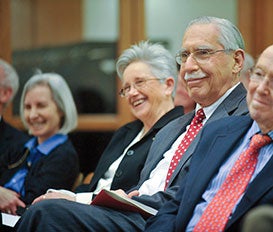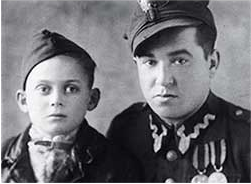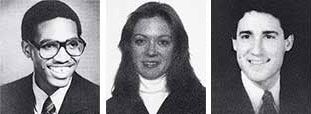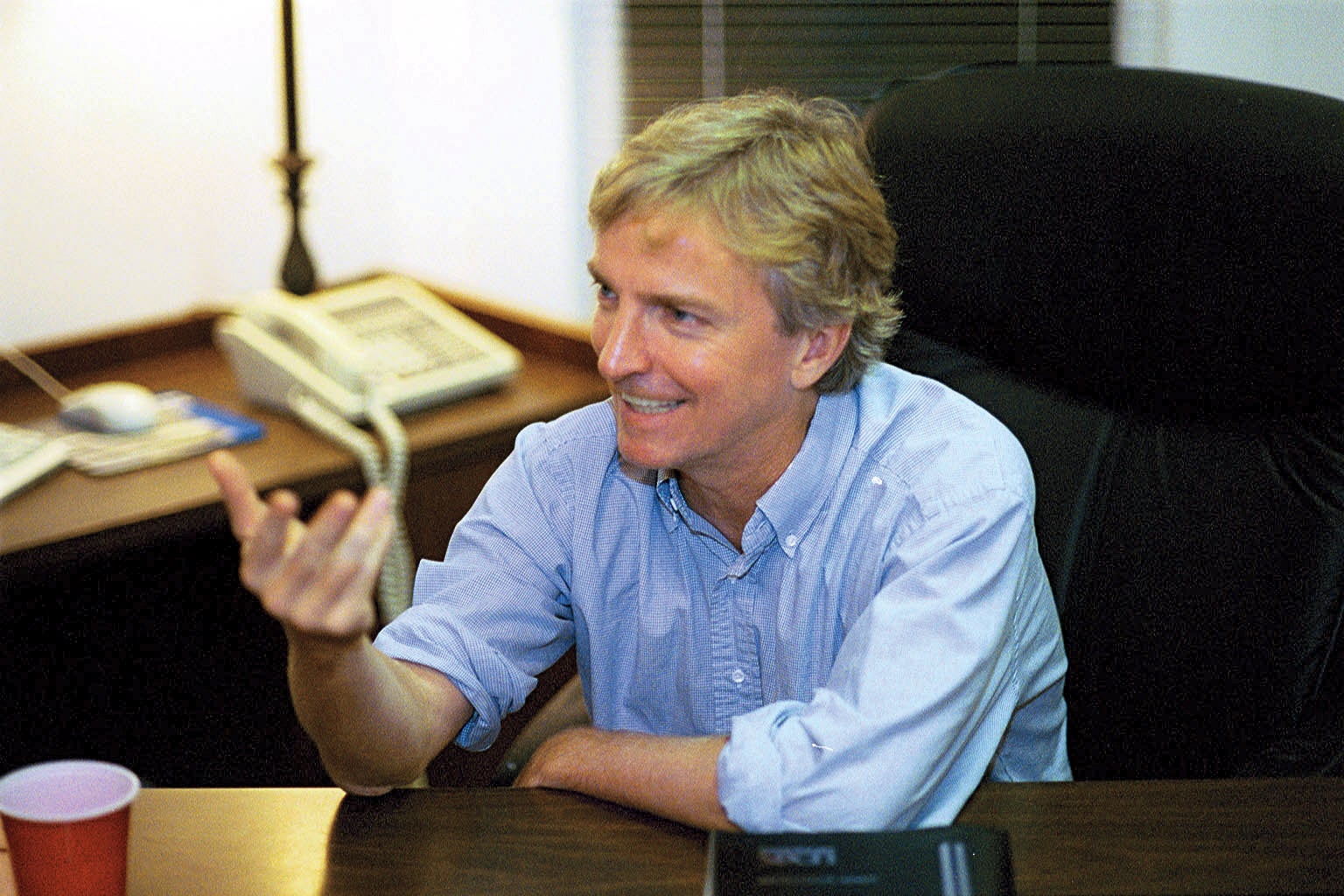Closing the Deal: Grads and the Mortgage Settlement
The Way We Live Now: A day in the life
Since January, when the Wasserstein Hall, Caspersen Student Center, Clinical Wing Building opened its doors, it’s become Harvard Law School’s hub. Its state-of-the-art learning and living spaces range from the lofty to the intimate. This photo essay captures a glimpse of the activity, the quiet, the light—from dawn to dusk.
Elected vs. Appointed?
The Balancing Act
‘A Harmonious System of Mutual Frustration’
Students Navigating the Worlds of Law and Business
-
Last year, after Rory Van Loo ’07 left the Consumer Financial Protection Bureau implementation team to become assistant director of the Harvard Negotiation & Mediation Clinical Program, he asked his former colleagues how HLS students might assist the new agency. It had been created by Congress in 2010 largely thanks to the vision of HLS Professor Elizabeth Warren, and its mission included examining certain consumer financial services companies and large banks and credit unions. But the legislation creating it did not establish an appeals process for examining findings.
-
Last summer, Professor Robert Mnookin ’68, found himself wanting to know more about U.S.-Cuba relations. “I had an idea that there was a very interesting set of questions related to when, how and whether the two countries would ever negotiate a reconciliation,” he says. He decided to investigate by teaching a reading group—a small, 1-credit class, where 2Ls and 3Ls are able to dig deeply into a given topic in a way that provokes extended discussion among the group. “I am not an expert on Cuba; I’m an expert on negotiation, and what a reading group allowed me to do is learn with the students about an area I didn’t know much about,” he says.
-
The Supreme Court’s 2010 Citizens United decision allowed unlimited political expenditures by corporations and unions, which have been used to help fund campaign commercials that have flooded the airwaves during this election season. In recent writings, several Harvard Law faculty members have explored how Citizens United affects a spectrum of stakeholders, including shareholders, corporations, unions and voters.
-
In the mid-1990s, Dennis Davis, then a judge of the High Court of Cape Town, sought out HLS Professor Frank Michelman ’60 to advise South African officials on constitutional interpretation. “From that moment on, he became a resource person for us. We regard him as one of ours,” said Davis. “It’s a very, very deep relationship.”
-
Human rights lawyer Thomas Buergenthal LL.M. ’61 S.J.D. ’68, author of “A Lucky Child: A Memoir of Surviving Auschwitz as a Young Boy,” wrote that his experience as a Holocaust survivor made him a better judge. "I understood, not only intellectually but emotionally, what it is like to be victim of human rights violations. I could, after all, feel it in my bones."
-
As an HLS student in the early 1980s, James O’Neal dreamed of combining his passions for law and education to help at-risk kids in New York City. But times were grim for lawyers interested in public interest work. The Legal Services Corporation, the primary provider of legal aid to low-income people in the United States, was in dire straits after losing much of its federal funding, and there were few other opportunities—and little support—for public service jobs. For O’Neal and others like him, the prospects were dim.
-
Robert McDuff ’80 remembers clearly what first got him thinking about civil rights and the profession of law. In 1968, when he was 12, he read a newspaper account of a murder trial in his hometown of Hattiesburg, Miss. The victim was an African-American shopkeeper and civil rights leader killed by the Klan after he let other other African-Americans use his store as a place to pay their poll taxes.

